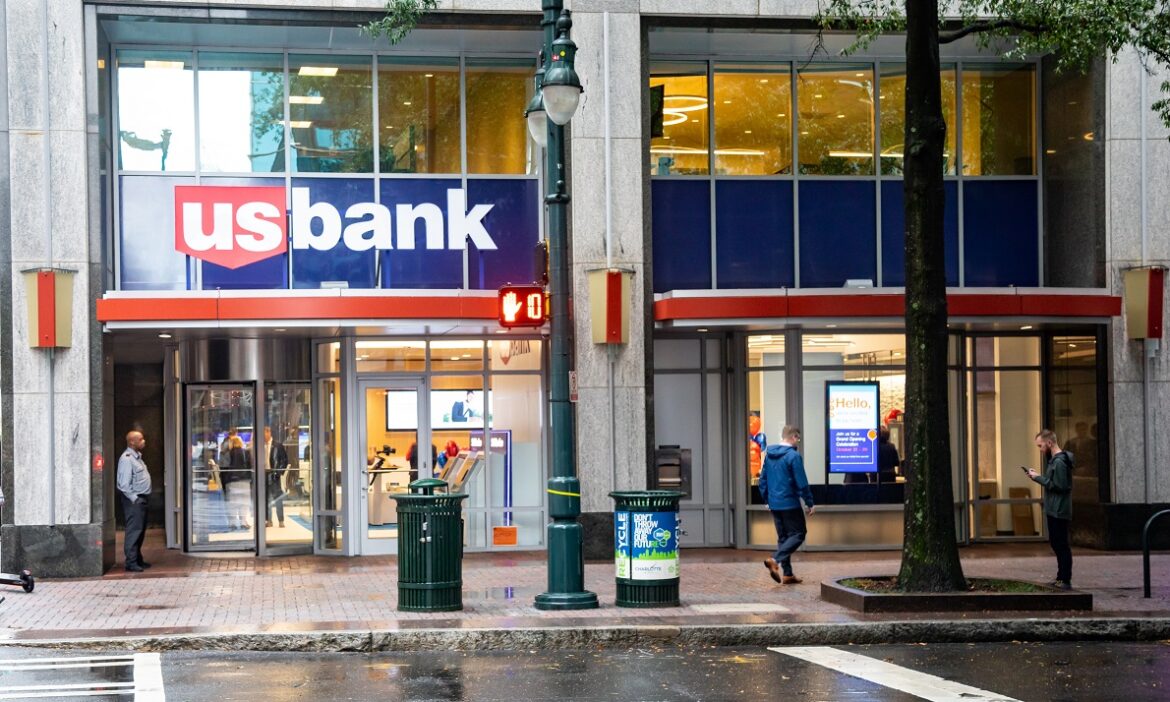
Bitcoin is causing an agitated and unpredicted excitement for Wall Street financial institutions.
As cryptocurrency taunts a $1.5 trillion dollar market capitalization, the question is, “should American Banks accept Bitcoin and other cryptocurrencies as legitimate assets?” Recently noted on the CNBC News Outlet, there has been an enormous amount of attention paid to the US banking sector and their response to digital assets. It is clear that digital assets continue to disrupt the banking system.
Moreover, the recent move by Tesla Inc (NASDAQ: TSLA) to add Bitcoin to its balance sheet significantly legitimized the crypto industry and likely to compel other companies to follow the same path. According to CNBC, JPMorgan co-president Daniel Pinto through a Zoom call ,noted that he is open-minded when it comes to Bitcoin and the entire crypto industry. JPMorgan has been closely watching Bitcoin, whereby its analysts have a price target of $146K in the long term. “If over time an asset class develops that is going to be used by different asset managers and investors, we will have to be involved,” Pinto told CNBC. “The demand isn’t there yet, but I’m sure it will be at some point.”
It’s has been reported that major banking financial institutions are also actively building their own blockchain solutions in-house. These institutions feel the technology is still new to the vast majority of consumers and the objective is seamless integration into existing services and products. However, the results have not been comparable and not up to banking expectation.
Bitcoin and its huge market capitalization have attracted notable global regulators including the European Central Bank. According to ECU President Christine Lagarde, it’s very unlikely that Central Banks will hold Bitcoin in the near future. Lagarde noted that Central Banks are working towards a stable CBDC’s that can be regulated. Meanwhile, institutional investors seem attracted to Bitcoin’s store of value as the national currencies inflates at a higher rate.
A move by US banks to adopt Bitcoin could be a huge call to legitimize the entire digital asset industry and is likely to influence other global markets. Recently, the Nigerian central bank opted to crack down on cryptocurrency trading. Recent talks from the legislative members are ongoing to determine if the move is for the better good of the country.
Global cryptocurrency demand is likely to compel financial institutions not only to adopt Bitcoin and other digital assets but also to build infrastructure to facilitate crypto trading. “For the large banks, the volume of client inquiry and demand at some point will break the camel’s back,” said Damien Vanderwilt, co-president of Galaxy and head of its global markets division.
“Banks eventually get strong-armed into developing these products by their clients.”
Furthermore, financial institutions are always seeking ways to make an extra profit at minimal risk. As the crypto industry (particularly Bitcoin) gets adopted by institutional investors, it is expected that its volatility will stabilize with time. Mind you, the Bitcoin futures market has significantly helped institutional investors forecast Bitcoin prices in the near term.



